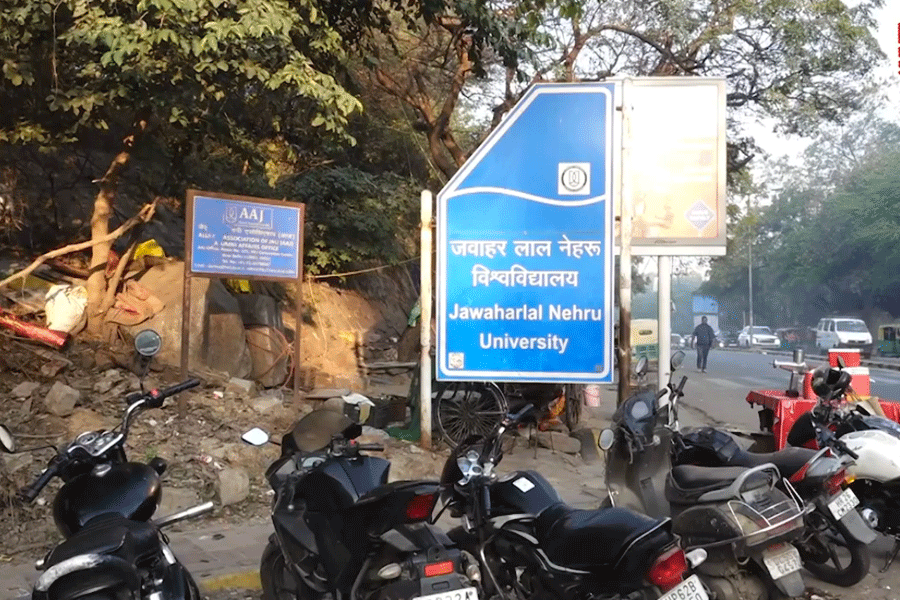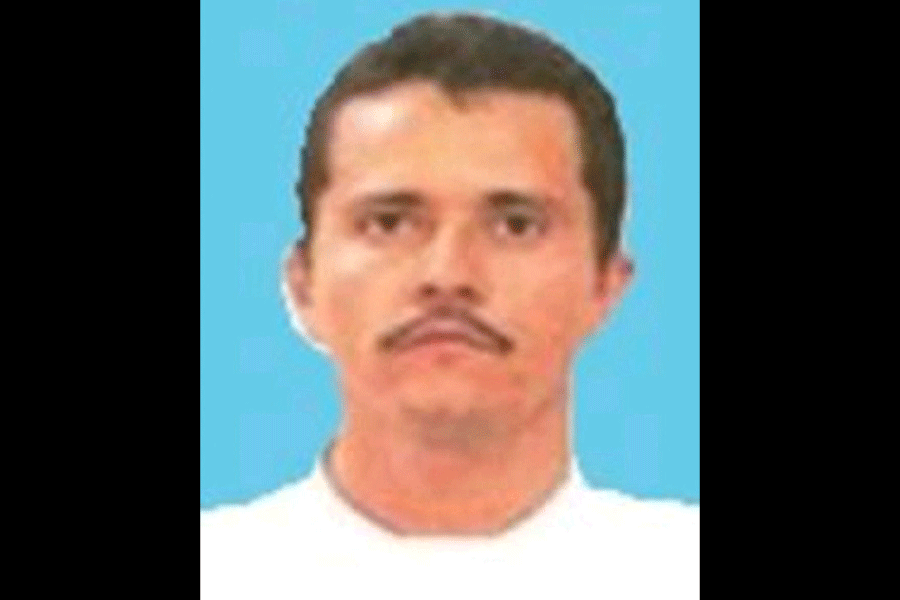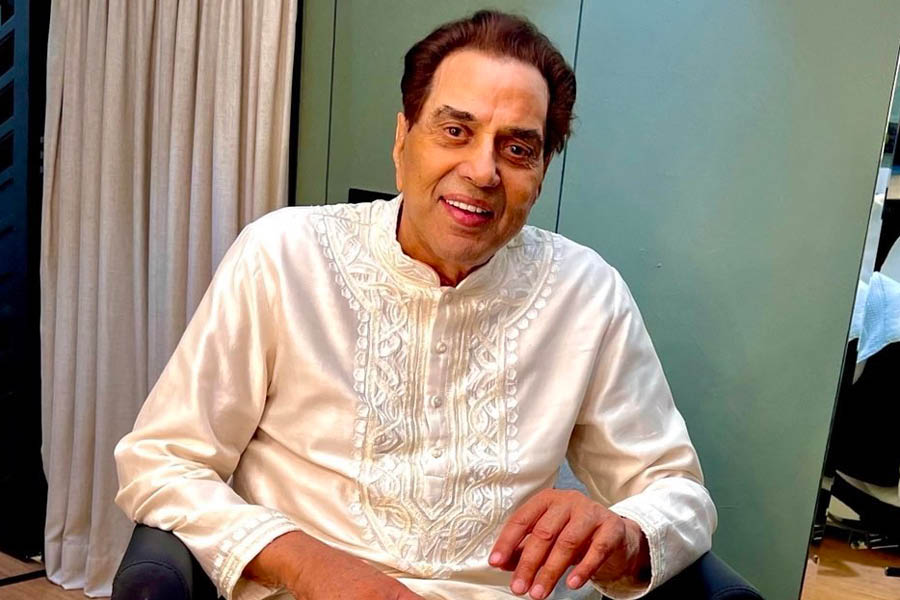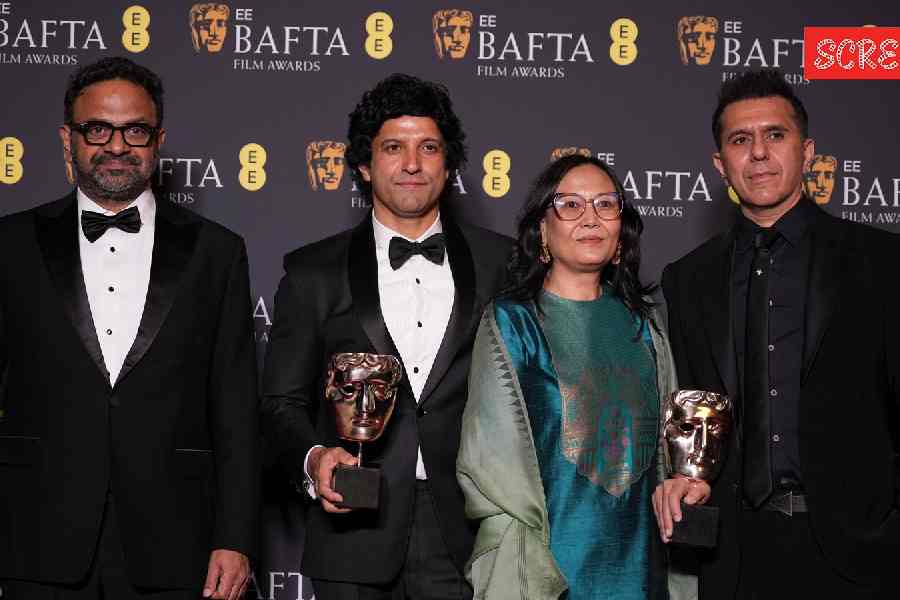 |
| Barack Obama |
Today’s Washington quiz: What is bigger than any state visit to the US or a White House state dinner?
Answer: The visit of the chief of army staff of Pakistan.
General Ashfaq Parvez Kayani, who arrived here on Monday morning to a red carpet welcome after nuts-and-bolts talks in Florida with the nucleus of the US Central Command over the weekend, has eclipsed every other strategic priority in Washington, including the visit of America’s closest ally, the Prime Minister of Israel, Benjamin Netanyahu.
For almost this entire working week, anyone in Washington who has any interest in foreign policy — and that includes diplomats, think-tankers, journalists, overseas risk analysts and, of course, the entire US strategic officialdom — has his or her eyes and ears glued to one man: Kayani.
He is today the pivot determining America’s medium-term role in South Asia, the one foreigner who can, in the short term, considerably influence, via Afghanistan, Obama’s re-election as President in 2012.
A Pakistani delegation that includes its foreign and defence ministers, water, finance, agriculture and social issues advisers, secretaries for information technology, power, defence and foreign affairs — in short the nucleus of the government in Islamabad and the Army General Headquarters in Rawalpindi — is here, determined to alter the dynamics of Indo-Pak relations and US-India relations.
Two days before their talks began here today, the Obama administration nearly fell into a trap on this dynamic which has been evolving in Islamabad for nearly five years since Prime Minister Manmohan Singh’s landmark visit to the US in 2005.
On Monday, when the US under secretary of state for democracy and global affairs, Maria Otero, arrived for a routine briefing to mark World Water Day, she had no idea what was going to hit her. Almost the entire briefing was hijacked by the issue of US mediation on Indo-Pak water disputes.
Otero, whose experience in political diplomacy prior to her job as an Obama nominee for her very senior state department post is zero, was asked about US mediation in Indo-Pak water disputes.“I think we’re beginning to do that,” she replied. “And indeed, (it is) part of the discussion that is going on, we are quite aware (of what) is between the two countries.”
 |
| Pakistan’s army chief Ashfaq Parvez Kayani with Senate Foreign Relations Committee chairman John Kerry on Capitol Hill on Tuesday. (AP) |
She added that in the Obama administration, there “is the recognition of water as a potential source of conflict in our elevated effort to address it with greater priority than we have in the past”.
Luckily, secretary of state Hillary Clinton stepped in almost immediately and prevented New Delhi from going into a tailspin over US mediation by telling the media: “We are well aware that there is a 50-year-old agreement between Pakistan and India concerning water... usually, where there is an agreement, as there is between India and Pakistan on water, with mediation techniques, arbitration built in, it would seem sensible to look to what already exists to try to resolve any of the bilateral problems between India and Pakistan.”
The two days of the first ministerial-level US-Pakistan Strategic Dialogue, which began today, has been elevated by the Americans to the level of a state visit, short of the protocol trappings that exclude such honours for a “mere” chief of army staff.
The Obama administration arranged to have the opening ceremonies broadcast live to Pakistan. On the eve of the talks, on Pakistan Day, Clinton declared in video messages in Urdu, Pashto and English that “Pakistan is close to my heart”.
Obama went as far as to say that “Muhammad Ali Jinnah and those of the independence generation declared their dreams of self-determination and democracy”, a reference that Pakistan may well misrepresent in the coming days as a US endorsement by extension of the idea of self-determination for Kashmiris.
Sitting down with the Pakistanis from Thursday morning will be Clinton, the defence secretary, Robert Gates, the chairman of the Joint Chiefs of Staff, Admiral Mike Mullen, the secretary of agriculture, Tom Vilsack, and key officials of the treasury, the national security council and the office of the US trade representative. The lone Indian-American face on the US side will be the administrator of the US aid agency, Rajiv Shah.
Clearly, the idea of a US-Pakistan nuclear deal is way, way down the road, if at all. In any case, since 2006, the idea of a deal, similar to the one for India, has been discussed here on and off without much headway.
A US-UAE nuclear deal that was approved by George W. Bush and subsequently implemented by Obama has strengthened the four-year-old argument here that Pakistan’s security will be enhanced by such an agreement.
In any case, as a seasoned soldier, Kayani’s true objective in advocating the idea of a nuclear deal will be to deflect the arguments here in support of taking control of and eliminating Islambad’s nuclear programme and, instead, getting some iron-clad assurances that Pakistan can keep its bomb.
The real threat to Indian interests from the talks may come from any US decision to fund any major hydel projects in Pakistan. That will create an American stake in Islamabad’s water disputes with New Delhi, which have ramifications for Kashmir because of the geography of the rivers. Having failed to get the US involved directly in the Kashmir dispute, this may be Kayani’s diabolical effort to do that by proxy.










